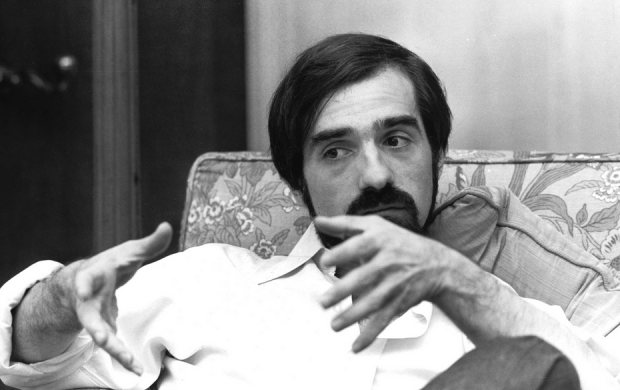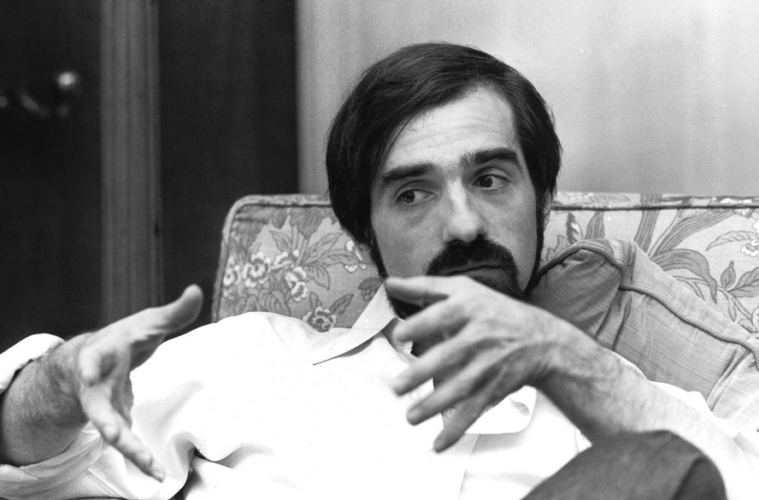
Dailies is a round-up of essential film writing, news bits, videos, and other highlights from across the Internet. If you’d like to submit a piece for consideration, get in touch with us in the comments below or on Twitter at @TheFilmStage.
A 20th anniversary screening of Edgar Wright’s little-seen debut A Fistful of Fingers will take place in London in November.
Watch Martin Scorsese discuss his five biggest influences:
Now available on Criterion, Geoffrey O’Brien analyzes Moonrise Kingdom:
The phrase “adventure movie” was food, in childhood, for the most pleasurable kind of anticipation. The excitement wasn’t ever about the particular exploits that were ostensibly to be celebrated. The promise was of dreamlike freedom of movement through a world at once concrete and mysterious, and shaped for unsupervised play. Moonrise Kingdom (2012) is an adventure movie in the true sense. It breathes an air of freedom and curiosity and what can only be called elation as it charts the flight of a pair of young runaways just emerging from childhood. They prove fitting heroes, figures not so much of bewildered innocence as of awakening brilliance and ferocious clarity of intention.
Listen to a conversation with Apichatpong Weerasethakul at NYFF in 2010:
20 years after the release of Showgirls, Paul Verhoeven discusses the film with Rolling Stone:
Joe Eszterhas and I first began talking about Showgirls around 1991 or 1992. We’d had some problems on Basic Instinct, with the script and all that, and had a falling out. But then, because of Basic Instinct’s success, he changed his mind. So after a year of animosity, we had a pleasant lunch at the Ivy in Los Angeles, and he presented me with a couple of ideas for another film to work on together — one of which was Showgirls. The idea was to make a film that was situated in the world of Vegas, where the protagonist would be a girl who basically just starts with lap-dancing and then comes into the big casino shows. That was the original idea.
Watch a video homage on the films of Jacques Audiard:
At The Talkhouse, Alex Ross Perry discusses Eli Roth‘s The Green Inferno:
The Green Inferno is a disgusting, vile, morally dubious film wherein humans are reduced to animals awaiting slaughter. It is a film where, as is typical with Roth, the nicer and weaker characters are given the earliest and most revolting deaths. There is no mercy, no hope for survival and no humanity. I loved it. Roth is working in the tradition of Italian cannibal films, all set in remote jungle locations and featuring a group of white idiots being horrifically killed and eaten. The genre began in 1972 with Umberto Lenzi’s Man from Deep River and reached a pinnacle in 1980 with Ruggero Deodato’s Cannibal Holocaust. (Deodato had a cameo in Hostel: Part II as “The Italian Cannibal” and The Green Inferno is dedicated to him).

